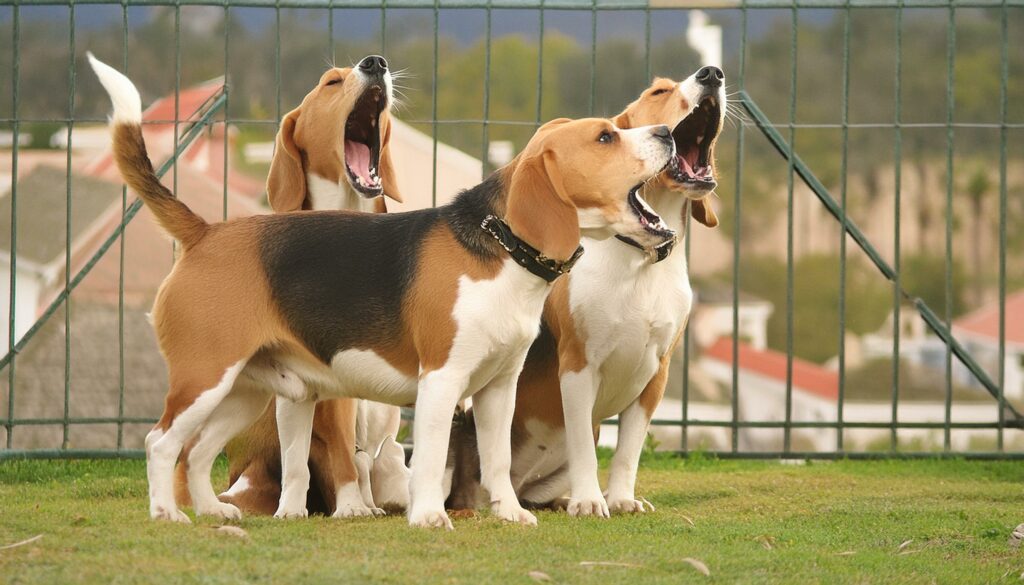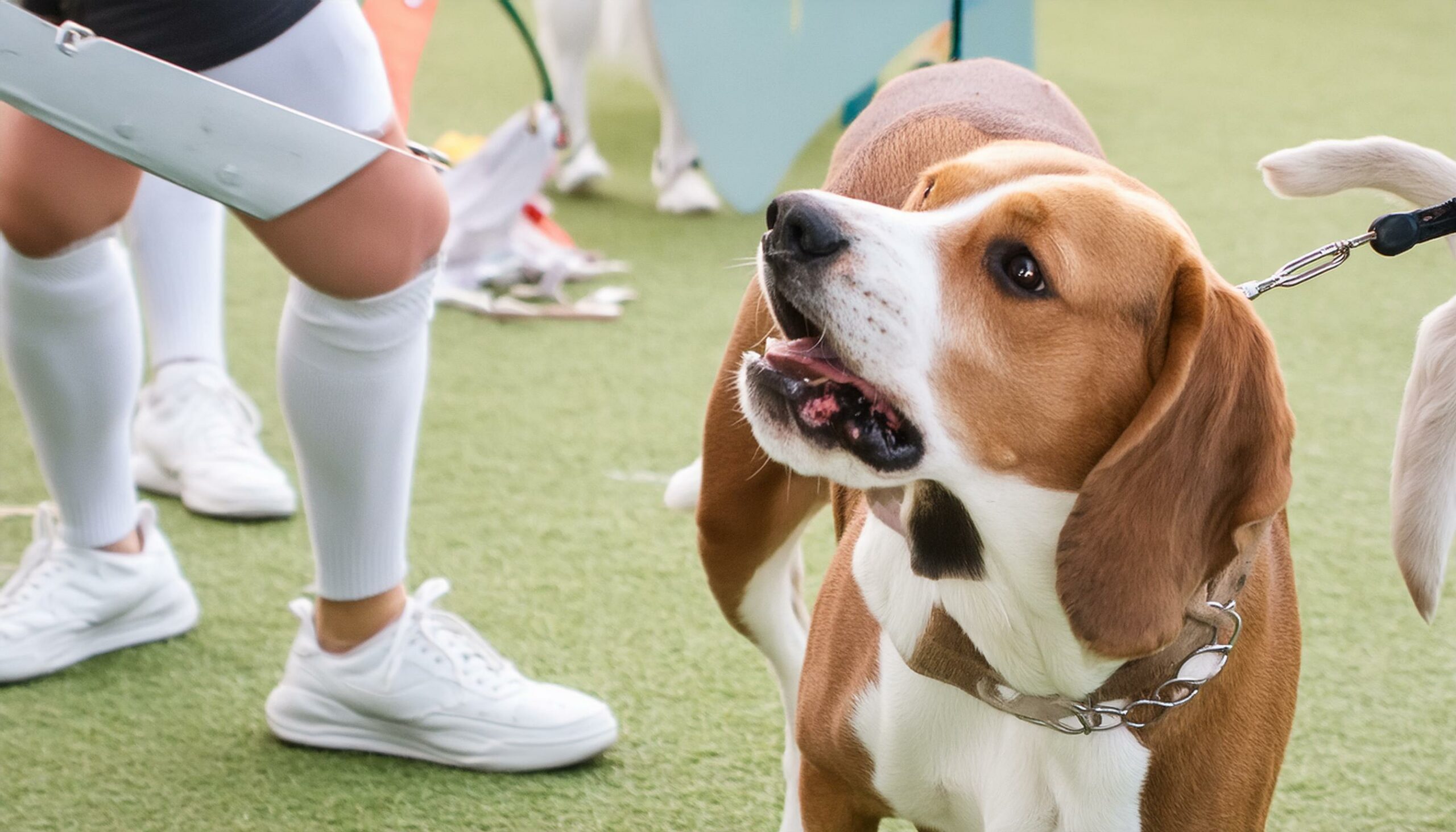Beagles are beloved for their friendly nature and lively disposition, but like any breed, they can exhibit aggression under certain circumstances. Understanding the reasons behind Beagle aggression is crucial for responsible ownership and effective management of their behavior.
Understanding Aggression in Beagles
Natural Instincts
Beagles are descendants of hunting dogs, bred for their keen sense of smell and hunting abilities. These natural instincts can sometimes translate into behaviors that appear aggressive, especially when they feel threatened or perceive a situation as a challenge to their territory.
Behavioral Triggers
Various factors can trigger aggression in Beagles, including fear, anxiety, frustration, and territorial instincts. Identifying these triggers is essential for addressing and managing aggressive behavior effectively.
Factors Contributing to Beagle Aggression
Lack of Socialization
Insufficient socialization during the critical puppyhood stage can lead to fear and anxiety in Beagles, causing them to react aggressively in unfamiliar or challenging situations. Proper socialization helps them feel more comfortable and confident in various environments.
Genetic Predisposition
While not all Beagles exhibit aggressive behavior, some may inherit aggressive tendencies from their parents due to genetic factors. Responsible breeding practices aim to minimize the likelihood of passing on aggressive traits, but genetic predisposition can still influence a Beagle’s temperament.
Fear and Anxiety
Beagles are sensitive dogs that can easily become fearful or anxious, especially in stressful situations. This fear and anxiety can manifest as aggression as they attempt to protect themselves or assert dominance in a perceived threatening environment.
Signs of Aggression in Beagles

Body Language Cues
Beagles display various body language cues when feeling threatened or aggressive. These cues may include raised hackles, bared teeth, growling, and a stiff posture. Understanding these signals can help owners intervene before a situation escalates.
Behavioral Patterns
Aggressive behavior in Beagles may include lunging, snapping, biting, and excessive barking. Recognizing these behavioral patterns is essential for addressing the underlying causes of aggression and implementing appropriate management strategies.
Dealing with Aggression in Beagles
Training Methods
Positive reinforcement training techniques are effective for modifying aggressive behavior in Beagles. By rewarding desirable behaviors and redirecting negative ones, owners can encourage their Beagles to exhibit more appropriate responses in various situations.
Positive Reinforcement
Consistency and patience are key when using positive reinforcement to address aggression in Beagles. Rewarding calm and non-aggressive behavior helps reinforce desirable responses and encourages a trusting relationship between the owner and their pet.
Seeking Professional Help
In cases of severe aggression or when owners are unsure how to address their Beagle’s behavior, consulting a professional dog trainer or behaviorist is advisable. These experts can assess the underlying causes of aggression and develop a tailored behavior modification plan to address the issue effectively.
Prevention Techniques
Early Socialization
Early and consistent socialization is crucial for preventing aggression in Beagles. Exposing them to various people, animals, and environments from a young age helps them feel more confident and secure in different situations, reducing the likelihood of fear-based aggression.
Consistent Training
Consistent training, including obedience training and socialization exercises, reinforces positive behaviors and helps prevent the development of aggressive tendencies in Beagles. Training sessions should be engaging and enjoyable for both the owner and their pet.
Providing Mental and Physical Stimulation
Keeping Beagles mentally and physically stimulated is essential for their overall well-being and can help prevent boredom-related aggression. Interactive toys, games, and regular exercise sessions provide outlets for their energy and prevent frustration from building up.
Conclusion
Understanding the reasons behind Beagle aggression is essential for promoting a harmonious relationship between owners and their pets. By addressing behavioral triggers, implementing effective training techniques, and prioritizing early socialization, owners can help prevent and manage aggression in Beagles responsibly.
FAQs
Are all Beagles aggressive?
No, not all Beagles are aggressive. Aggression in Beagles can stem from various factors, including genetics, socialization, and environmental stressors.
Can aggression in Beagles be fixed with training?
With consistent training and positive reinforcement, many cases of aggression in Beagles can be effectively managed. However, severe aggression may require professional intervention.
Can aggression in Beagles be fixed with training?
Introduce your Beagle to diHow can I socialize my Beagle properly?fferent people, animals, and environments gradually and positively. Puppy classes and supervised playdates can also aid in socialization.
What should I do if my Beagle shows signs of aggression?
Remain calm and avoid escalating the situation. Redirect your Beagle’s attention, and seek guidance from a professional dog trainer or behaviorist if needed.
Are there specific triggers that commonly cause aggression in Beagles?
While triggers can vary from dog to dog, common factors include fear, anxiety, territorial instincts, and lack of socialization. Identifying and addressing these triggers is essential for managing aggression effectively.
